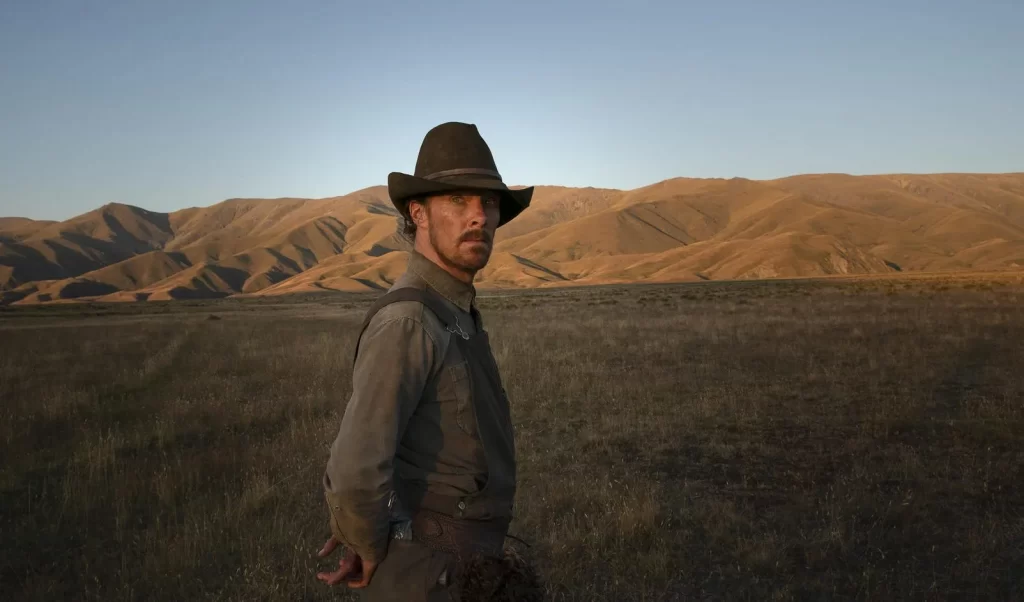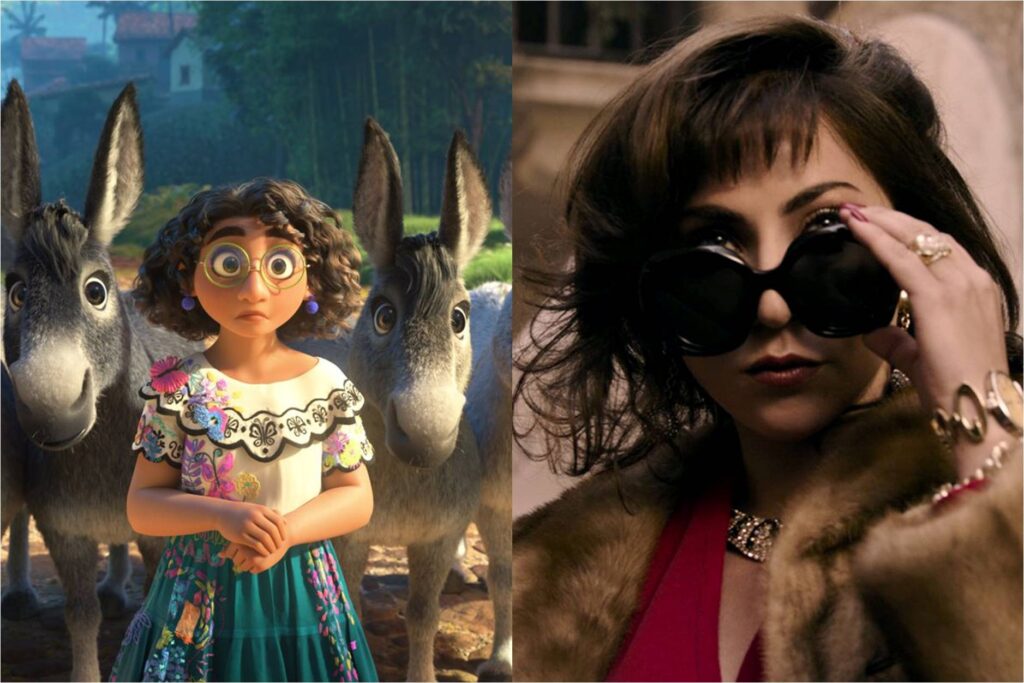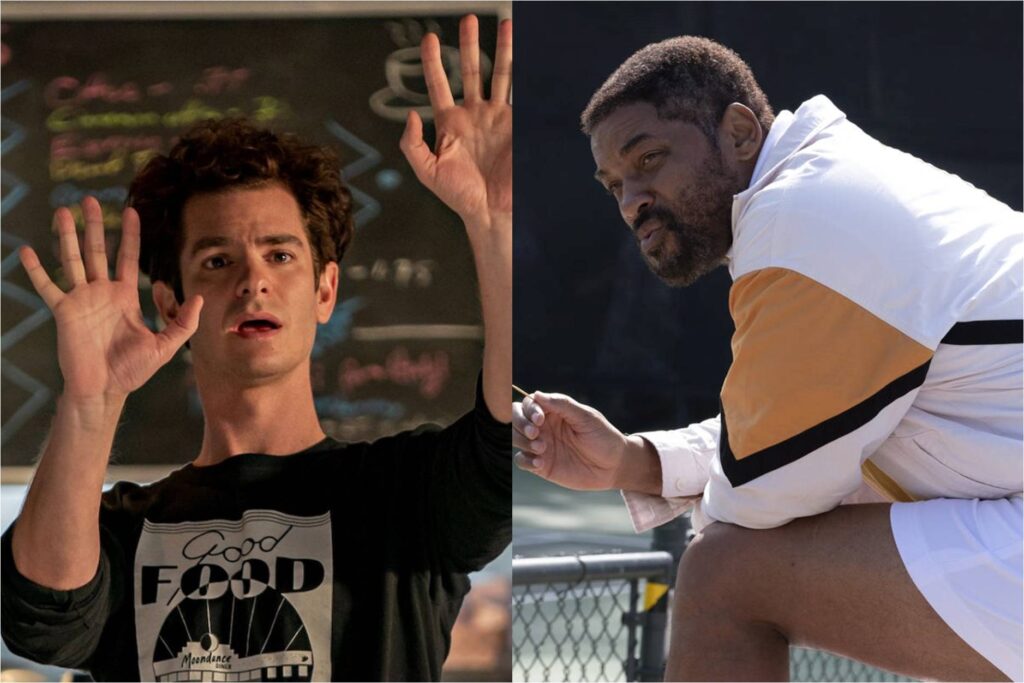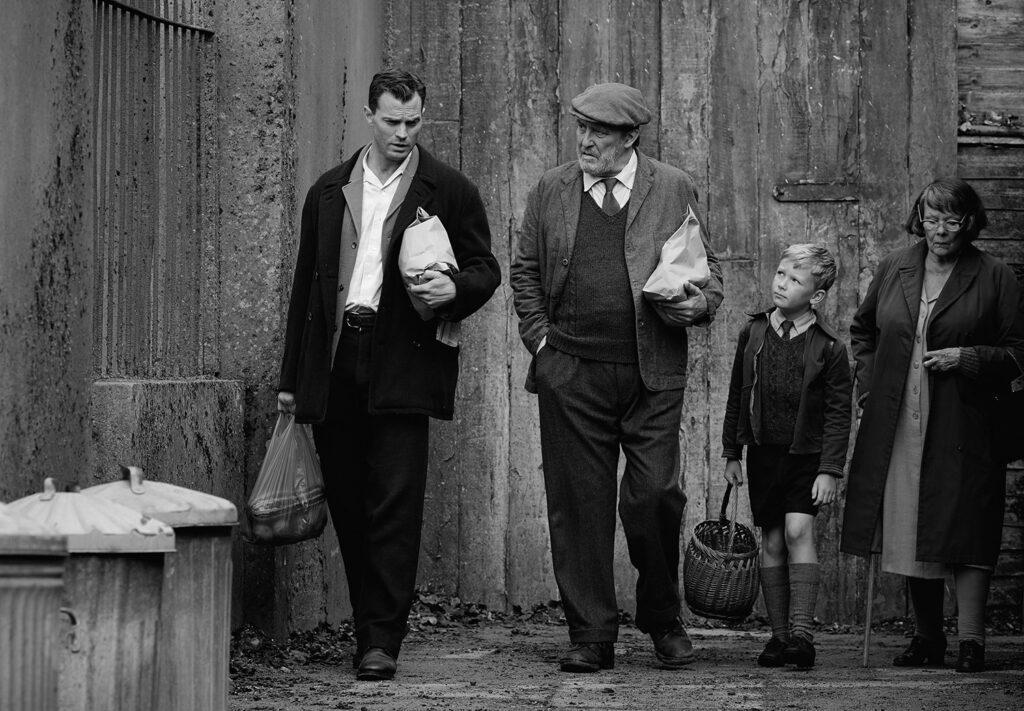West Side Story: There’s Still Grace for Us
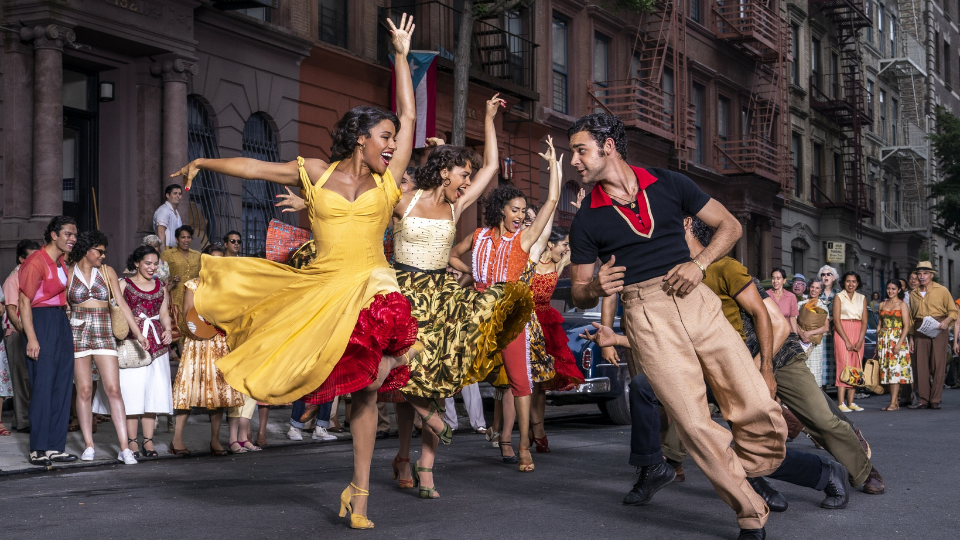
Is West Side Story Steven Spielberg’s first musical, or his 30th? For nearly half a century, one of cinema’s greatest directors has been concocting robust sequences that bear the indicia of musical numbers: nimble choreography, balletic grace, syncopated rhythm. To survey his most impressive achievements—the vigorous chases of Raiders of the Lost Ark, the rampaging dinosaurs of Jurassic Park, the futuristic mayhem of Minority Report, and countless more—is to witness the work of a filmmaker who applies his craft with the precision of an inveterate composer. In essence, Spielberg has been making musicals for 50 years; West Side Story is just the first one that happens to include songs.
One of the ironies of his new feature is that those songs are virtually the opposite of original creations. Instead, viewers with even a cursory knowledge of Broadway hits will instantly recognize the soaring melodies of Leonard Bernstein and the snappy lyrics of Stephen Sondheim, which (as if you need me to tell you) were repurposed six decades ago by Robert Wise and Jerome Robbins into an Oscar-sweeping smash. This familiarity necessarily dilutes the frisson of anticipation that attends any new Spielberg picture—how can Hollywood’s preeminent dazzler dazzle us when we’ve already been dazzled?—yet it also makes a certain sense. Spielberg’s virtuosity as a director lies not in his talent for pure invention (he hardly ever writes his own scripts), but in his gift for wielding the traditional elements of cinematic action—running, jumping, driving, dancing—in exhilarating new ways. Read More

